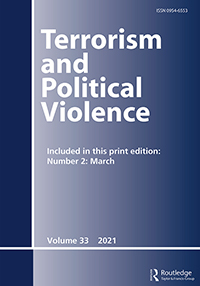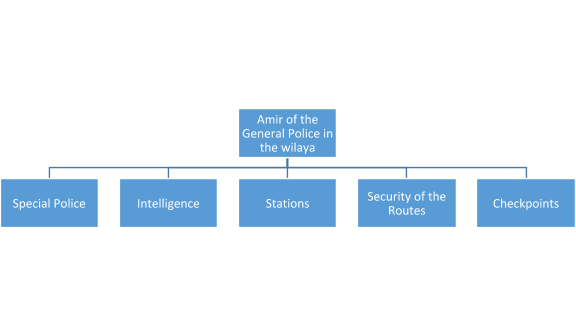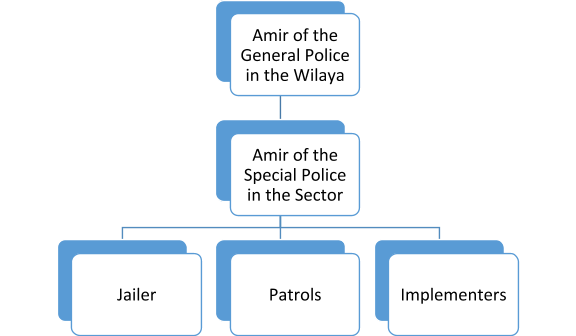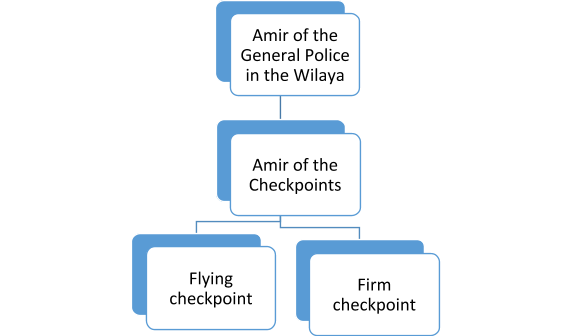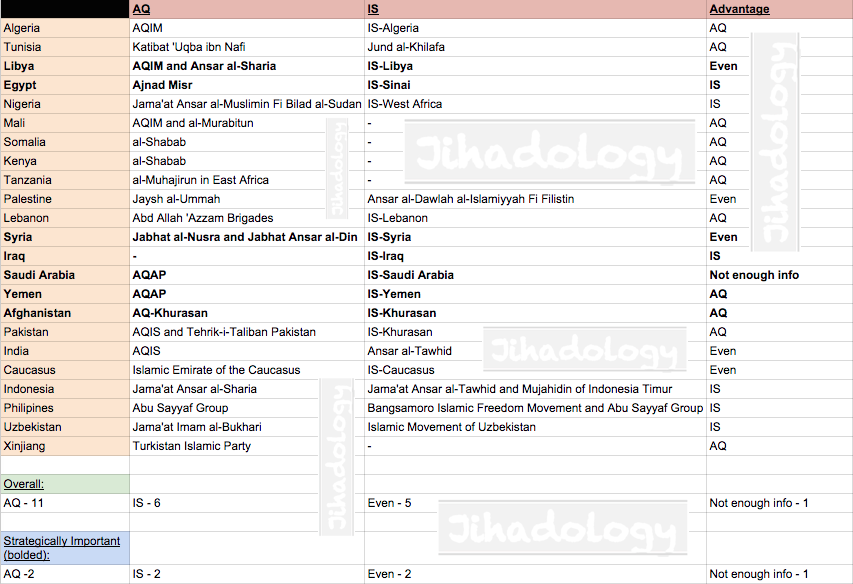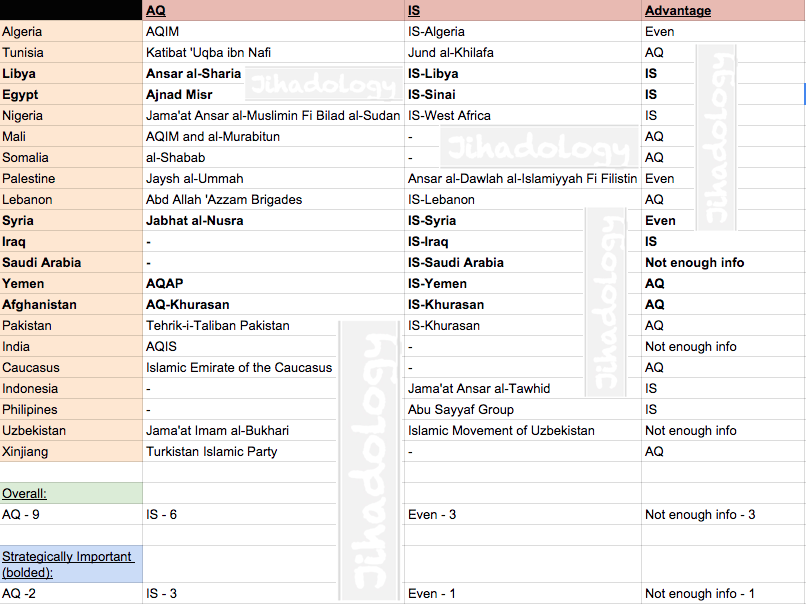
Over the past 12 months, Tech Against Terrorism has worked with the academic website Jihadology.net to update it so that particularly sensitive content is only accessible by users with registered academic/research, governmental, journalistic, or humanitarian email addresses. The purpose of this work is to ensure that individuals can still access important primary research material whilst ensuring that jihadis and individuals vulnerable to recruitment are prevented from viewing and downloading the most sensitive content. The update to the website was sponsored by the Global Internet Forum to Counter Terrorism, a tech coalition founded by Twitter, Microsoft, Facebook, and YouTube to responsibly address the spread of terrorist content online.
Background to Jihadology
Jihadology is highly regarded as the internet’s most comprehensive “clearinghouse for jihadiī primary source material and original analysis” and as such Jihadology is considered to be an essential resource for academia and terrorism researchers. Jihadology contains more than 13,000 articles. In total, this amounts to around 750 GB of video.
Background to Tech Against Terrorism
Tech Against Terrorism is an initiative launched by the United Nations Counter Terrorism Executive Directorate (UN CTED) in April 2017 and implemented by the UK-based NGO QuantSpark Foundation. We support the global technology sector in responding to terrorist use of the internet whilst respecting human rights, and we work to promote public-private partnerships to mitigate this threat. Specifically, we work across three pillars: outreach, knowledge-sharing, and technical and operational support. As a public-private partnership, the initiative is supported by the Global Internet Forum to Counter Terrorism and the governments of Spain, Switzerland, and the Republic of Korea.
We work with a broad range of internet platforms that are susceptible to being used by terrorists. We focus on analysing what terrorists want through their use of the internet, with our analysis clearly indicating that an entire tech eco-system is being exploited by terrorists and violent extremists, often in combination. Therefore our work is tech-agnostic and works with companies across all types of technologies, with an explicit focus on supporting smaller tech companies with fewer resources to adequately address the urgent threat of terrorist exploitation. This partnership between Tech Against Terrorism and Jihadology shows the value of providing technical support to smaller internet platforms like Jihadology who do not necessarily have the technical resources to make these changes on their own.
Why are we doing this?
Jihadology is widely regarded as an essential resource for those conducting research on jihadi groups, thanks to its collation of extensive amounts of primary source material produced by such groups. However, there have been concerns that the site is used by jihadis who exploit the fact that material on the site is publicly available. As such, Jihadology wanted to find a way to password protect the most sensitive material. In order to make the site more secure whilst ensuring that the site can remain open and continue to increase understanding of jihadism, we have updated the site with the aim of denying jihadis and those vulnerable to recruitment easy access to the most sensitive content hosted on the site
What are the changes to the updated version?
The updated version of Jihadology restricts access of the primary sources for those that do not have a formal affiliation with an academic/research, governmental, journalistic, or humanitarian institution. Third-party researchers can request special permission to access the password-protected part of the site on a case-by-case basis. The analysis part of the website remains open to anyone.
How do users register?
To ensure that this registration system is used by legitimate researchers, the registration system will accept registrations from recognised email domains only (.edu, .gov, .ac.uk, .gov.au etc). Since researchers with legitimate interest in using Jihadology who do not have such email addresses should still have access to the site, an override function will allow for Jihadology to accept registrations from other email addresses at their discretion. Tech Against Terrorism has also developed warning interstitials to be displayed when accessing harmful content, and restricted visibility of original source URLs and imagery for non-registered users. Jihadology will remain the sole administrator over the website and will not be sharing any data regarding registration with Tech Against Terrorism, the Global Internet Forum to Counter Terrorism, or any governments.
What does this achieve?
This update allows for Jihadology to continue to serve its purpose as the world’s largest clearinghouse for jihadi primary source material and original analysis whilst increasing the site’s capacity to safeguard against exploitation by jihadis. In our view, protecting certain sensitive content whilst making it accessible for research purposes is the best way to do this, and demonstrates that options for responding to terrorist online content do not only consist of removal or complete access.


